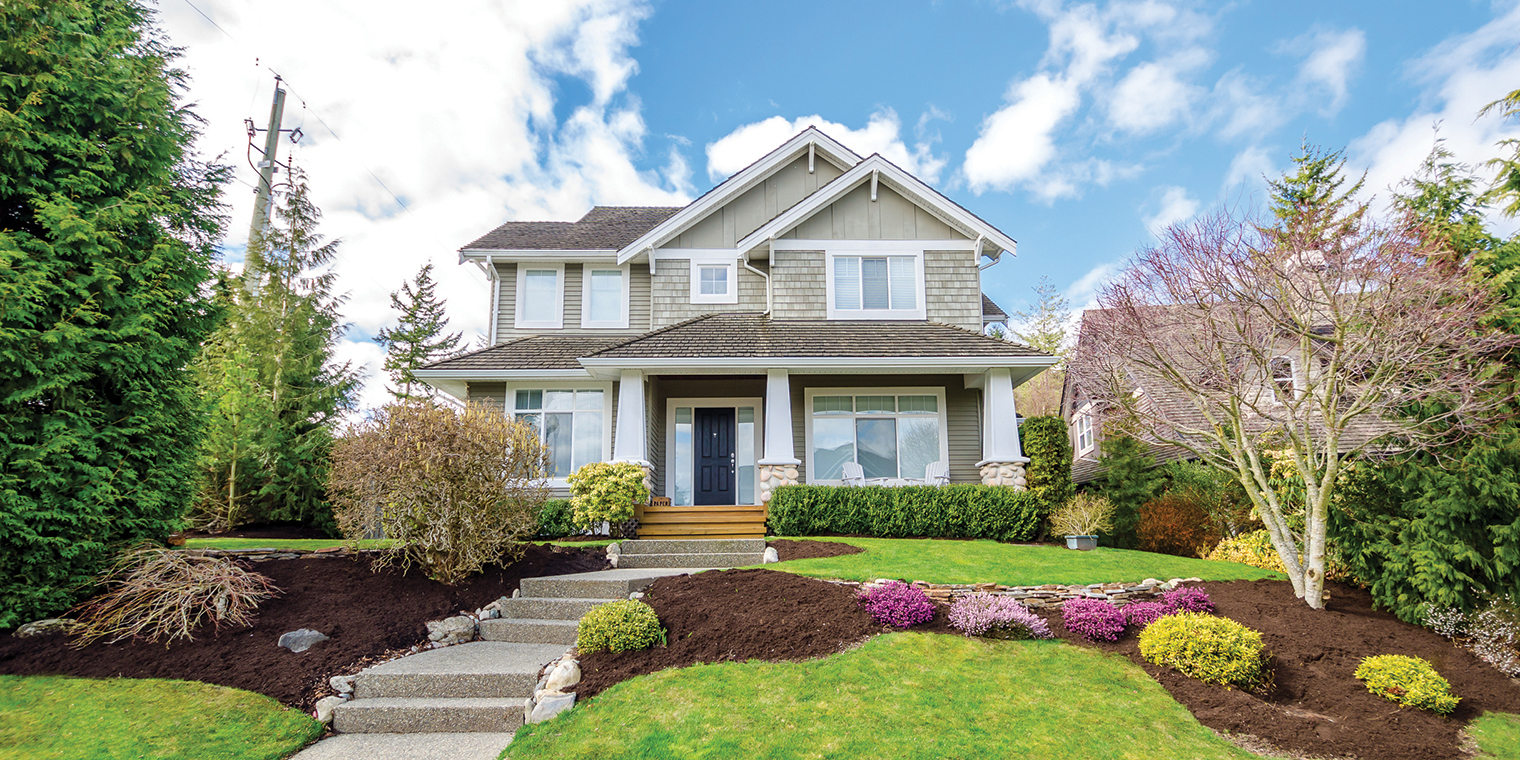We are looking to purchase a new home—how big of a mortgage should we get?
While a mortgage can be an excellent savings vehicle while you are working, borrowing as much as you qualify to borrow may not be a wise financial decision. When you’re looking to buy real estate in Northern Virginia, it’s especially easy to feel the need to spend more than you can realistically afford.
It is important to keep in mind that real estate agents and mortgage brokers are not objective financial advisors in the home buying process. Their opinions on what you can afford are likely to skew high, because that’s in their best interest. Even family and friends can lead you astray. Your best bet is to have a trusted financial advisor recommend an affordable price range based on your personal situation.
Most lenders use a guideline of 36% of your gross income to arrive at a mortgage payment you can potentially “afford.” However, not only should you consider your household income, but take into account all of your expenses, especially any outstanding debts, as well as any future expenses that could affect your ability to afford a large monthly payment. In order to calculate your monthly spending, I suggest starting with your monthly rent payment and add all remaining expenses, such as insurance, utilities, groceries, and any money you put into savings each month. Having a clear picture of your expenses (in addition to your income) will help keep your budget realistic and avoid becoming over-extended. Remember to add estimated taxes, fees, and other expenses to your final mortgage payment so that you’re accurately comparing your rental expense to a potential new home expense.
Our house is not big enough for our growing family—what’s the best decision financially—remodel, move, or build a new house?
The answer to this question will depend upon your home, your budget, and your needs as each situation is unique. Selling your home to buy a larger one might not be the right choice if you can’t possibly make the profit you need in order to the buy the larger house. Sometimes, in high demand neighborhoods, it may be cheaper to build an addition or renovate outdated spaces. Consider making a list of everything you want in a home and circle the wishes that renovation can fulfill. If you’ve got most of the items circled by the end, move on to the financial considerations. If not much is circled, you probably need a different house. You may be in a good position to tear down and rebuild your home if the value of your home is two or three times less than the surrounding homes. Keep in mind, rebuilding may be the best option if renovations will cost as much as building a brand new home.
Is real estate a good investment?
Real estate can be a good investment for some people but it is a hands-on investment that can take a lot of work and can be risky. You will have to manage the property or hire a property manager. You will also have to factor in things like insurance, property taxes, and maintenance. All of these costs determine how much money you’ll actually net off a rental property in the long run. You are also at the mercy of property values. If you own a rental and the property values in that particular area start to go down, that could affect the local rental market. To stay competitive, you might have to lower your rental rate, which would lower your return. All in all, determining if real estate is the appropriate investment for you requires a review of these factors as well as consideration of the implication it could have on your financial security. v
Want to learn more?
Visit: www.vlpfa.com or submit your question for an advisor to info@vlpfa.com.
VLP Financial Advisors
8391 Old Courthouse Rd., Suite 203
Vienna, VA 22182






